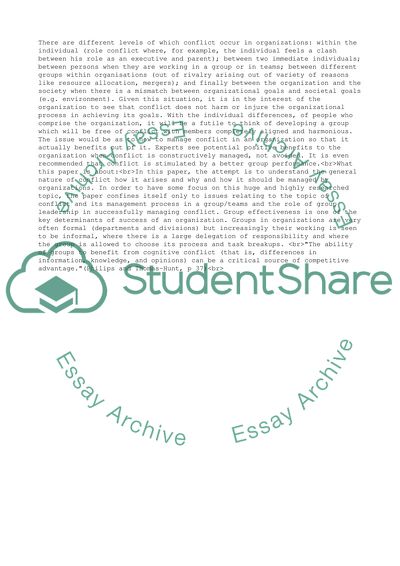Cite this document
(“Conflict Management in Organisations Essay Example | Topics and Well Written Essays - 2500 words”, n.d.)
Conflict Management in Organisations Essay Example | Topics and Well Written Essays - 2500 words. Retrieved from https://studentshare.org/management/1500133-conflict-management-human-conflict
Conflict Management in Organisations Essay Example | Topics and Well Written Essays - 2500 words. Retrieved from https://studentshare.org/management/1500133-conflict-management-human-conflict
(Conflict Management in Organisations Essay Example | Topics and Well Written Essays - 2500 Words)
Conflict Management in Organisations Essay Example | Topics and Well Written Essays - 2500 Words. https://studentshare.org/management/1500133-conflict-management-human-conflict.
Conflict Management in Organisations Essay Example | Topics and Well Written Essays - 2500 Words. https://studentshare.org/management/1500133-conflict-management-human-conflict.
“Conflict Management in Organisations Essay Example | Topics and Well Written Essays - 2500 Words”, n.d. https://studentshare.org/management/1500133-conflict-management-human-conflict.


